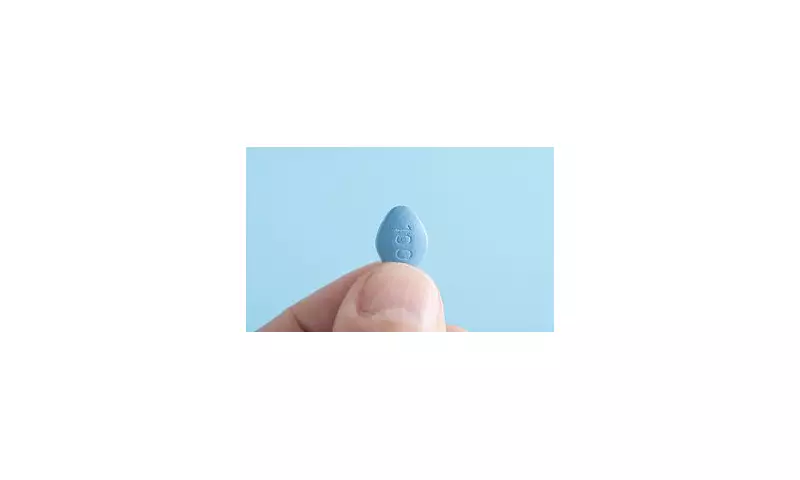
In a significant breakthrough that could accelerate treatment for Britain's biggest killer, researchers have identified three existing medicines that show promise in tackling Alzheimer's disease.
The Drug Repurposing Advantage
Making drugs from scratch typically takes ten to fifteen years and costs billions of pounds, with no guarantee of success. However, repurposing medicines already approved for other conditions offers a quicker, safer and more cost-effective route to potential dementia treatments.
A expert panel of academics, doctors and patients examined eighty existing treatments to identify those most likely to help combat Alzheimer's, for which there is currently no cure. After several rounds of review, the team focused on three particularly promising drugs.
The Three Promising Candidates
The shingles vaccine Zostavax emerged as the most promising candidate. Research suggests a link between the shingles virus and dementia concerning changes in the immune system. The vaccine requires a maximum of two doses and has a strong safety record, making it particularly attractive for further investigation.
Sildenafil, commonly known as Viagra, demonstrated protective effects on nerve cells and reduced the build-up of toxic tau protein in the brain. In mouse studies, it also improved cognition, possibly due to increased blood flow to the brain.
The motor neurone disease drug Riluzole also showed encouraging results in animal studies, effectively reducing levels of the harmful tau protein that accumulates in Alzheimer's patients.
Next Steps Towards Treatment
The research team, led by Professors Clive Ballard and Anne Corbett at the University of Exeter, has recommended that these drugs now undergo clinical trials to properly understand their benefit for those with or at risk of Alzheimer's disease.
Dr Corbett emphasised: "Beating dementia will take every avenue of research - from using what we already know, to discovering new drugs to treat and prevent the condition. Drug repurposing is a vital part of that mix."
The researchers now hope to conduct a large clinical trial of the shingles vaccine in the UK. If proven effective, these repurposed medicines could be fast-tracked for NHS use, potentially transforming the lives of approximately one million Britons living with dementia.
Professor Fiona Carragher from Alzheimer's Society, which part-funded the study, drew parallels with aspirin's repurposing from painkiller to heart attack prevention, stating: "This is what we now want to see in the field of dementia. There are more reasons for hope than ever before."






